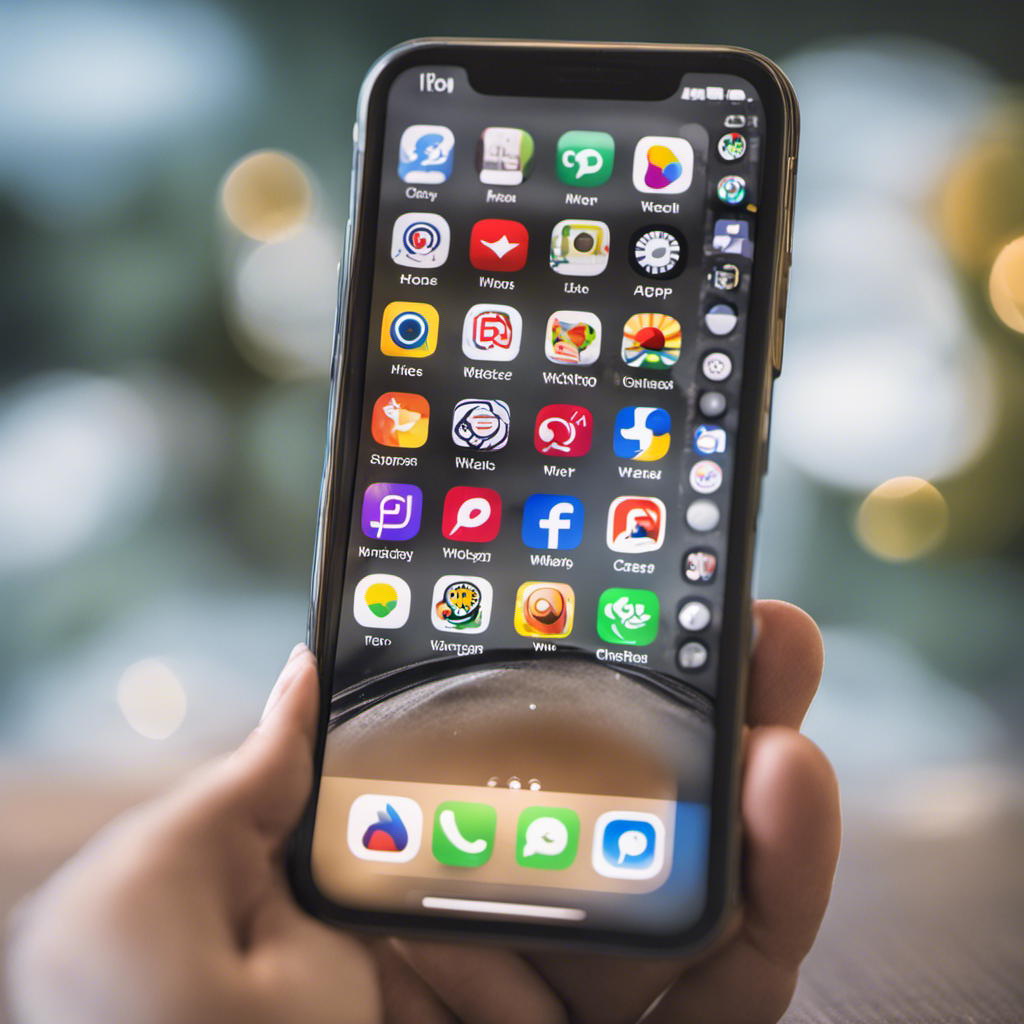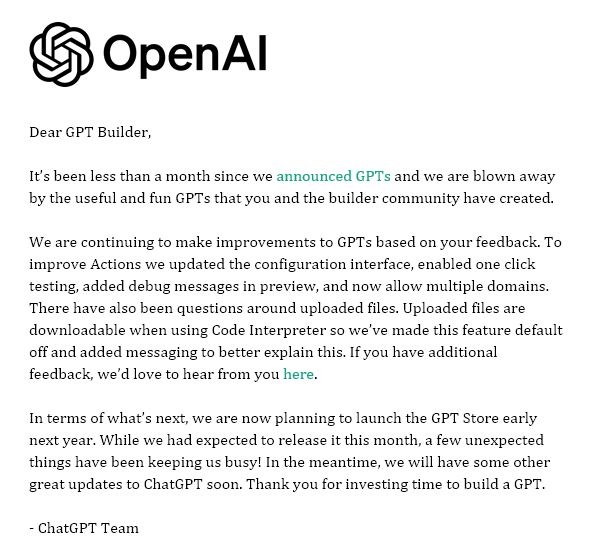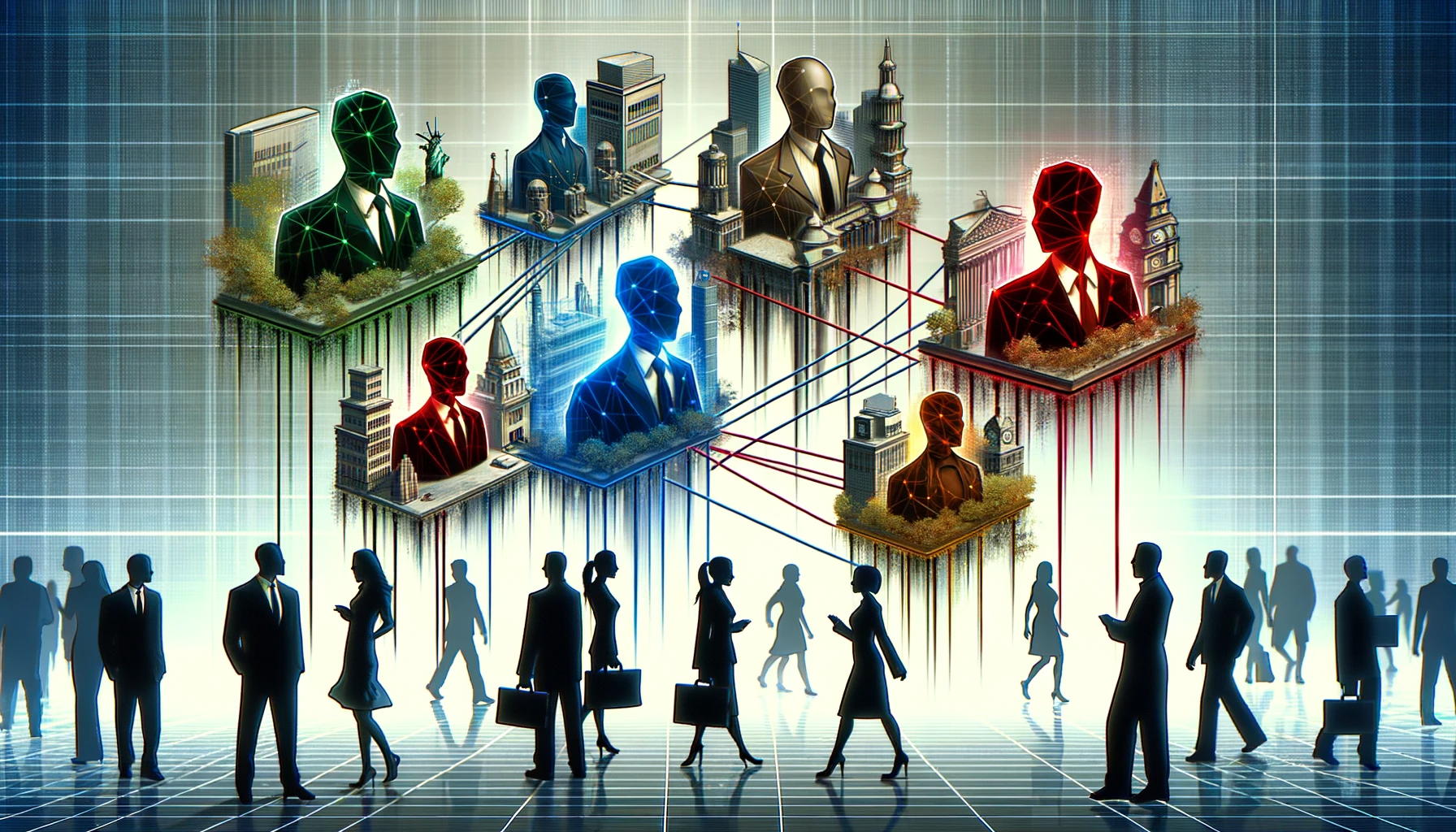For anyone paying attention to the OpenAI DevDay announcements a few weeks ago, Gizmodo’s recent article “Be Careful What You Tell OpenAI’s GPTs” shouldn’t come as news. (To refresh everyone’s memory, “GPTs” were announced as OpenAI’s platform for building custom agents that can be shared as apps with other users.) It was clear from the demos and presentations that the GPT Store will expose to the public your prompts, the “Knowledge” files you upload, the APIs used for “Actions,” and any metadata your GPT employs. YouTube videos like this one even demonstrate in detail how shockingly easy it is to acquire this information with a few simple hacks.
Apart from the obvious security concerns, it also invalidates any commercial value promised by the GPT Store because there can essentially be no proprietary intellectual property—the GPT Store will simply become one giant copy machine.
But then, maybe we don’t need the GPT Store to be so much an innovation center as a relationship store (as in “storage” in this case). This is something I proposed at our recent cyberevolution conference in my presentation, “Thanks to AI, the Future of Security is Collaborative.” It’s a concept that bears repeating in this context.
The App Store was Never Actually About You, Anyway
Apple is lauded profusely for its human-centric design. But I posit that it merely seems user-friendly—it’s actually a developer-centric design with enough glitz to retain the attention of us normals. As Exhibit A, I offer the home screen of the iPhone. Let’s say you want to send your friend Sam a message; the first problem you’re confronted with is which messaging app to use. In your mind, you have to work through a matrix, which looks something like this:
| App | When to use | Why use it now? |
| Apple Messages | Blue contacts (aka “not green”) | Easy access and group chats |
| International | I’m traveling | |
| Facebook Messenger | Friends & family | Reacting to a post |
| Signal | Privacy | News about his firing—needs to be on the DL |
| China & stickers | I want to send a cute sticker! | |
| Snapchat | Generational | Probably won’t use |
| Line | AsiaPac & stickers | Want to use a sticker that’s not on WeChat |
| Slack | Work & workgroups | Group conversation about GPT security |
| Google Chat | Work & play | We use Google Workspace sometimes |
| Discord | Gamers | We’re playing a game |
| React to images | I’m a promoter | |
| Skype | General purpose | If nothing else seems appropriate at the time |
Table 1: A rubric for deciding which messaging app to use right now (e-mail apps excluded)
To illustrate this point, I prompted Stability.ai’s DreamStudio to generate a phone with only messaging apps on the home screen (no need to reverse-engineer the prompt, I provide it for you). The “message” of the image is of course to satirize the consternation this screen evokes in the human who faces so many nuanced options simply to message a friend. I think DreamStudio got this one exactly right because the text under the weird icons isn’t even intelligible 😀.

So, who actually benefits from the App Store approach? It’s clearly not the user. Unsurprisingly, App stores are for the sellers and the apps represent a relationship between you and the developer. If you want to chat with a friend, you’ll first need to figure out which of your developer friends you want to broker that message.
Not Apps, not GPTs—GPme
I got an e-mail from OpenAI on December 1st, reiterating the company’s desire to empower “builders” with more tools and announcing the launch of the GPT store “early next year.” (Note: e-mail seems a rather old-fashioned way to communicate information about GPTs; but it’s ubiquitous, so I guess that’s the kind of calculation they made in the marketing department.) In case you didn’t get the message, here it is:

Short and to the point—not even any mention of Sam Altman. Perfect. But the e-mail reinforces the point that OpenAI is courting “builders” (erstwhile developers) rather than the natural inhabitants of AI space: personas.
Whether the economic incentives of OpenAI will prove sustainable for builders remains to be seen; but the platform can already support persona-to-persona relationships on the internet. Let me explain.
In my cyberevolution presentation, I introduced a new species, one that lives natively on the internet: Homo ex machina. I asked ChatGPT for a definition and got a surprisingly well-thought-out response:
"Homo ex machina" is a Latin phrase that could be translated into English as "Man from the machine." This phrase seems to be a play on the term "deus ex machina," which means "god from the machine" and refers to a plot device where a seemingly unsolvable problem is suddenly and abruptly resolved by an unexpected intervention. "Homo ex machina" could imply a human being emerging from or created by a machine, possibly referring to the concept of artificial intelligence or cybernetic organisms in a philosophical or literary context.
In my view, GPTs shouldn’t be viewed as a kitchen appliance like Talkie Toaster or a sentient being like I, Robot, which are separate from natural persons; rather, they should make natural persons more like an internet-native version of Iron Man. DALL-E seemed to get it right away—on the first prompt.

DALL-E prompt: A human with a superhero suit on that bestows god-like powers
A GPme (working title) is a personal power up that combines your humanity with superpowers. Your apparent intelligence will be near genius level; your knowledge will be encyclopedic; your linguistic skills will extend to fluency in dozens of languages; your creativity will be unbounded. You may even become a decent driver.
How GPme Storage would Foster Trustful Relationships
What we really want those icons on our home screens to represent is the totality of our relationships—our relationships to other people, other GPme’s, groups, businesses, governments, and even our enemies. Behind each of those social emoticons lies an avatar representing our personal interests in that relationship. The GPme would retain all the history, all the promises, all the aspirations as well as an accounting of the contributions made and the current status of the relationship. In this way, relationships will become more symmetrical, fair, and trustful.

A GPme for All Seasons
GPme’s also change the game for decentralized identity
For the decentralized identity crowd out there (including all the IIW folks), take notice: by using GPTs (or similar agents such as Microsoft’s CoPilots) as a relationship aggregator rather than an app store, we have the beginnings of a new type of decentralized identity. It’s not a wallet, it’s not a self-sovereign identity (SSI), and it’s not a decentralized identifier (DID). Instead, we have a (for lack of digital term) fully fleshed out GPT relationship store, which provides a way for individuals to maintain the totality of their relationships with the assistance of powerful AIs. And beyond providing mere channels for connectivity (as messaging apps do), these GPT relationships could function as a trust base.
This in turn would form a network of decentralized trust anchors consisting of persona-to-persona relationships. In this context, the identity data and metadata wouldn’t need to be directly tied to the natural persons who own or operate these personas, enhancing privacy tremendously.
Returning to SSI, ledgers have an important role to play in GPT relationship stores. Whereas apps are at risk from information exposure, revealing information about your GPT relationships turns out to be very helpful from a trust perspective. In fact, information about your GPT relationships should be public, and verifiable, like on a ledger. This approach enables reputation and cost signaling, which are proven to foster interparty trust (see my cyberevolution slides for references as well as my recent Advisory Note on distributed identity).
In summary, using swarms of GPme’s, natural persons can empower GPT actors to both protect them in a hostile, foreboding internet while engaging in meaningful and productive relationships.
















































